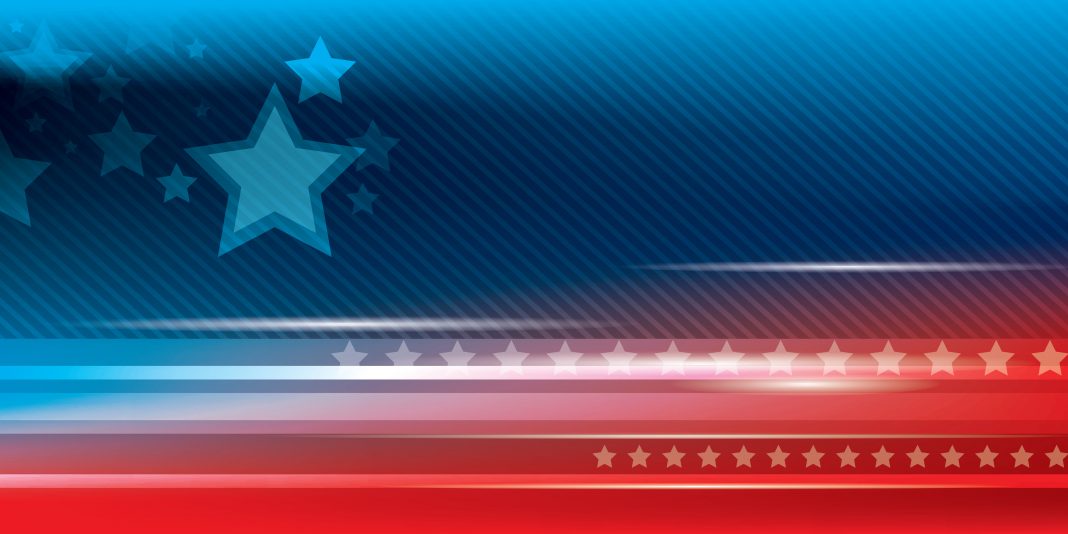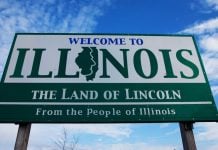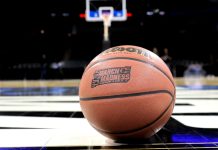SportsHandle and friends deliver another round-up of the week’s big developments in US sports betting.
![]()
It’s Official: Indiana Becomes 10th State To Legalize Sports Betting
The wait is over. Indiana has become the 10th state to legalize sports betting. On Wednesday, the Indiana sports betting legislation became law after Gov. Eric Holcomb signed the measure.
“Gaming is a highly regulated industry that once had little competition, but now does from surrounding states and new technology,” he said in a statement. “By modernizing our laws, this legislation will spur positive economic growth for our state and for an industry that employs over 11,000 Hoosiers. Additionally, it will bring in new revenue and create hundreds of new jobs – both permanent and in construction. I will direct the Indiana Gaming Commission to monitor for potential effects of this bill so that we can make necessary changes in future legislative sessions.”
Full story here.
Mobile Sports Betting Debate Dominates Closely Watched New York Hearing
Sen. Joseph Addabbo wasted little time addressing the 10,000 pound Elephant In The Room. Less than three minutes into Addabbo’s opening statement Wednesday morning, the Queens Democrat expressed frustration at a continuing trend of New York residents crossing into New Jersey to place legal sports bets on a mobile device.
During a four-hour hearing Wednesday, the future of mobile sports betting in the Empire State took center stage. Numerous panelists at the New York Senate committee hearing cited a figure that captures the pulse of the New Jersey marketplace. At present, roughly 80 percent of New Jersey’s legal sports betting handle comes via mobile platforms, including a considerable portion of bettors that reside in New York.
Full story here.
FOX and Stars Group Taking The Plunge Into Sports Betting
FOX Sports and major sports betting player The Stars Group on Wednesday jointly revealed plans to launch FOX Bet. In a media release FOX Sports and Stars are calling their alliance “the first-of-its kind national media and sports wagering partnership in the United States.”
For sports bettors in states currently without legal sports wagering markets, the deal means they can expect, sometime during the 2019 football season, to have access a nationwide free-to-play game, awarding cash prizes to players who correctly predict the outcome of sporting events.
Full story here.
Stakeholders To Illinois: We Can’t Show You That Much Money
It would likely be fair to say that the only people who left Wednesday’s Illinois sports betting hearing truly happy were representatives of the professional sports leagues. And even they wanted more.
Three hours before the subcommittee hearing was set to start, torch-bearer Mike Zalewski (D-District 23) filed two amendments — both with a 25 percent tax rate on operator gross sports wagering revenue, and one decidedly professional league-friendly. Zalewski’s proposed Amendment 2 not only limits the number of sports betting licenses for both physical and online sportsbooks, it calls for a “royalty” to the professional leagues, mandates the purchase of official league data, and imposes a stunning $20 million licensing fee for online sportsbooks. Zalewski filed both as amendments to HB 1260, which appears will be the latest sports betting vehicle. The previous bill, HB 3308, wasn’t referenced.
Full story here.
Nevada Sports Betting Traces Roots To Prison
Stone walls. Hand-lettered signs. Rugged tables and chairs. No windows.
That description doesn’t sound much like a sportsbook in 2019, many of which are outfitted with soft, deep club chairs, state-of-the-art technology, media walls, and plush carpeting. But one of Nevada’s first sportsbooks was located in a casino that was nothing more than a glorified hallway with little light and a doorjamb you had to duck to get through.
Full story here.














